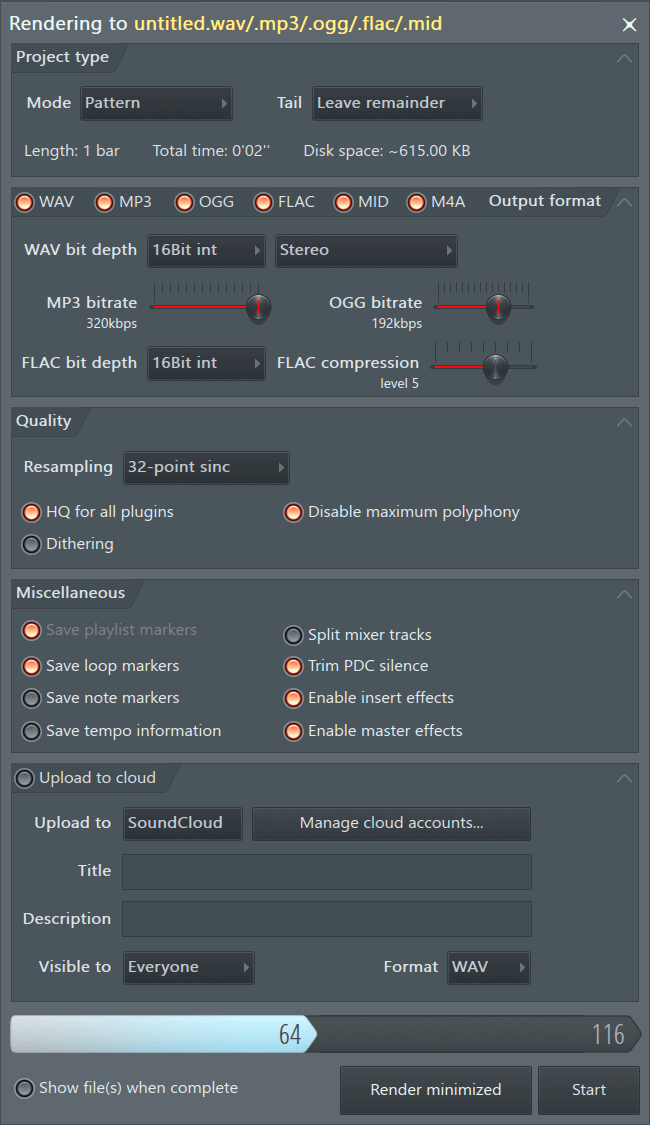
The local historian provides web services which can be used to monitor the data being archived in real-time. This design even allows for its use in any distributed system enabling one PDC to filter measurements to another that is running a resource intensive adapter. The historian is also designed to be used in distributed systems, having a single node dedicated to archival and several others sending concentrated measurements to the central archive.

The files produced by the historian can later be analyzed using Hadoop. The project includes a historian for data archival. The system is capable of concentrating over one billion measurements per day coming from over 100 phasor measurement units across the Eastern Interconnection. The sorted measurements can then be streamed to other applications using either IEEE C37.118 or BPA PDCstream. There is also a built-in concentration engine which sorts the real-time data into frames based on the timestamp associated with each measurement. The supported protocols are IEEE C37.118 (v1.0 and Draft 6), IEEE 1344, BPA PDCstream, FNET, SEL Fast Message, and Macrodyne. The openPDC implements a number of standard phasor protocols which can be used to receive data from devices. These adapters can be configured using any one of three supported database systems: Microsoft SQL Server, MySQL, and Microsoft Access.
#How to open pdc file format windows
The phasor data concentrator runs as a Windows service. Finally, on April 1, 2010, the Grid Protection Alliance inherited development of the openPDC and entered into a contract with the North American Electric Reliability Corporation in an effort to further enable its use as a distributed system. Then on February 23, 2010, AREVA T&D announced that they would be providing commercial support for the openPDC. The first stable release of the openPDC was made available on January 28, 2010.

The openPDC officially launched on October 7, 2009. The openPDC is based on the SuperPDC which was developed by the Tennessee Valley Authority starting in 2004.


 0 kommentar(er)
0 kommentar(er)
